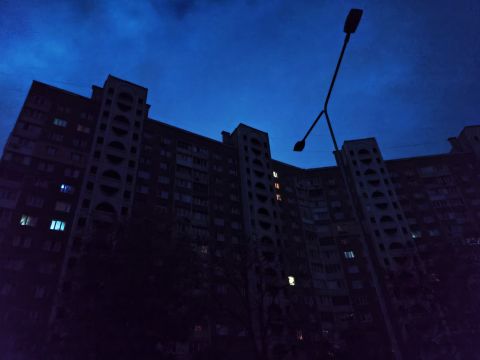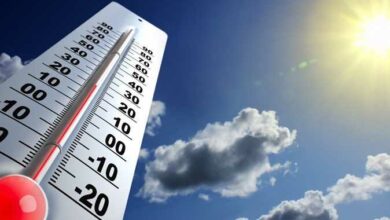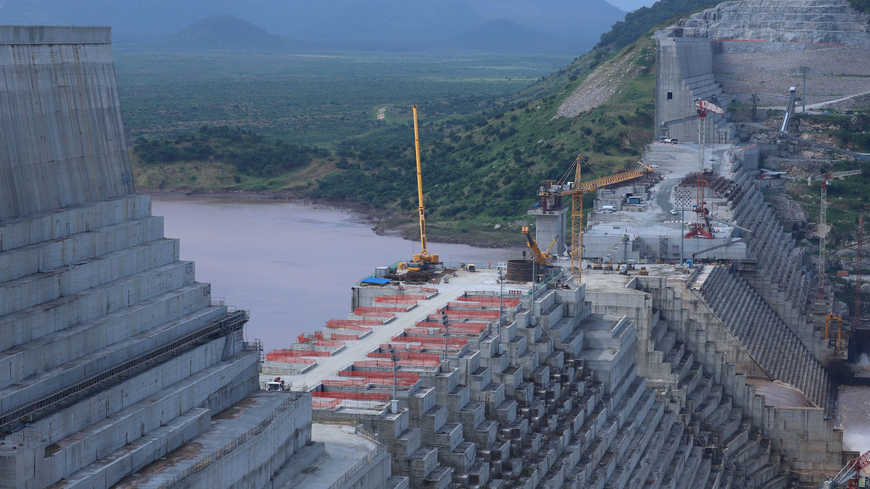
A wave of Russian attacks on critical energy infrastructure has left some Ukrainian communities without access to heat, water and electricity.
Now the UN Office for the Coordination of Humanitarian Affairs (UN OCHA) and the International Committee of the Red Cross (ICRC) are worried about its impact as cold weather begins to set in.
“We are extremely worried about the humanitarian impact of continued attacks on energy infrastructure as they deprive communities of heat and water just as the temperatures are dropping,” UN OCHA spokesperson Anna Jefferys told CNN in an email.
Russian missile and drone attacks have targeted Ukraine’s power plants and electrical grid in recent weeks, leading to rolling blackouts and disrupting water supplies.
Ukrainian President Volodymyr Zelensky has said more than a third of the country’s energy sector has been destroyed.
Jefferys said the UN was especially worried about those who had stayed in their homes near Ukraine’s frontline, many of whom are old, disabled or chronically ill.
“We are particularly concerned about people in eastern and southern oblasts who have suffered relentless shelling for months and have been left utterly traumatized,” she said. “Their ability to cope is wearing thin.”
The ICRC echoed the UN’s concerns, telling CNN that attacks on Ukrainian infrastructure had led to “deep suffering” that could worsen as temperatures drop.
“Across Ukraine, electricity grids are tied directly to water systems, meaning that when the electricity is knocked out, residents also do not have access to water in their homes and places of business,” Achille Després, the ICRC’s spokesperson in Ukraine, said in an email.
“This is already causing deep suffering for civilians as temperatures started to drop significantly.
“As winter closes in, people across the country are going to struggle to meet their basic needs like having clean drinking water, staying warm, using electricity or cooking,” Després warned, adding that “the needs are massive.”



